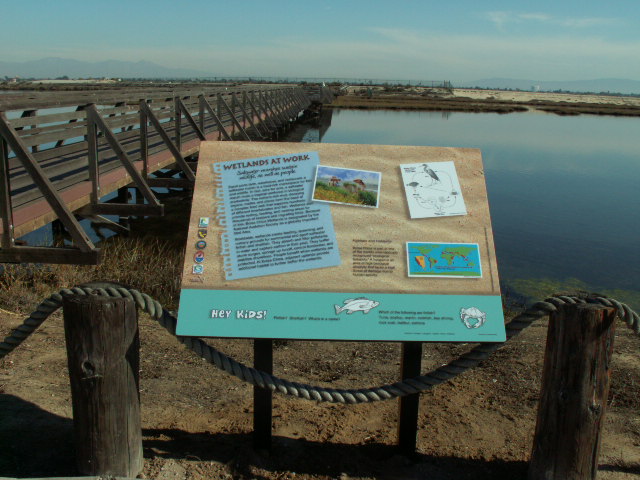It doesn't pay to cheat on air pollution emission controls on vehicles. Volkswagen, Audi, and Porsche found that out a couple of years ago. Now Daimler Ag has also learned the hard way that you don't program emission controls on your cars and vans to only work when the government is testing them and to turn the controls off during normal driving.
Under two consent decrees reached by the corporate giant with the United States Environmental Protection Agency (USEPA), the U.S. Department of Justice (DOJ), and the California Air Resources Board (CARB), fines and mitigations totaling nearly $1.5 billion dollars must be paid by the company.
Approximately $286 million from the two consent decrees will go to California.
Testing by CARB's testing laboratoy in El Monte, CA, and the National Vehicle and Fuels Emissions Laboratory in Michigan found that from 2009 - 2016, the company purposely designed several Mercedes-Benz diesel cars, SUVs, and Sprinter vans to operate on-board air pollution control systems only when the vehicles "sensed" they were being tested for compliance. When testing was not being done, the controls were bypassed, resulting in illegal emissions into the atmosphere.
Daimler AG must fix 85% of all vehicles that were designed in this manner such that they will now be in compliance at no charge to those people who bought or leased them. The cars and SUVs must be repaired within 2 years and the vans within 3 years. Additionally, extended warranties covering all updated software and hardware must be issued and the company must test all repaired vehicles every year for the next 5 years. Failure to do any of the above will result in additional fines.
As an additional mitigation, Daimler must also provide offsets for excess NOx emissions by replacing 15 old locomotive engines with newer, less polluting ones.
“The message we are sending today is clear. We will enforce the law. We will protect the environment and public health. And if you try to cheat the system and mislead the public, you will be caught,” said EPA Administrator Andrew Wheeler. “Those that violate public trust in pursuit of profits will forfeit both.”
“By requiring Daimler to pay a steep penalty, fix its vehicles free of charge, and offset the pollution they caused, today’s settlement again demonstrates our commitment to enforcing our Nation’s environmental laws and protecting Americans from air pollution,” said Deputy Attorney General Jeffrey Rosen.
CARB Chair Mary D. Nichols added, “Californians live with some of the worst air in the country, air that adversely impacts public health causing or contributing to asthma, respiratory disease, and premature death. It also costs the economy through medical costs as well as lost work and schools days. Automakers must learn that in this state, CARB will continue to use the very latest and most sophisticated science and technology to catch cheating and violations that impact our air and health.”
Daimler will also be required to change its corporate culture by reforming the way it has designed and manufactured vehicles in the past such that it will beable to detect and prevent such environmental violations in the future. This includes increased testing under real-world conditions with portable analyzers, starting a robust whistleblower program, enhancing employee training, and performing internal audits which must be reviewed and critiqued by external consultants.
A list of vehicles affected and other information can be found at this link:
"https://www.epa.gov/enforcement/daimler-ag-and-mercedes-benz-usa-llc-clean-air-act-civil-settlement"


